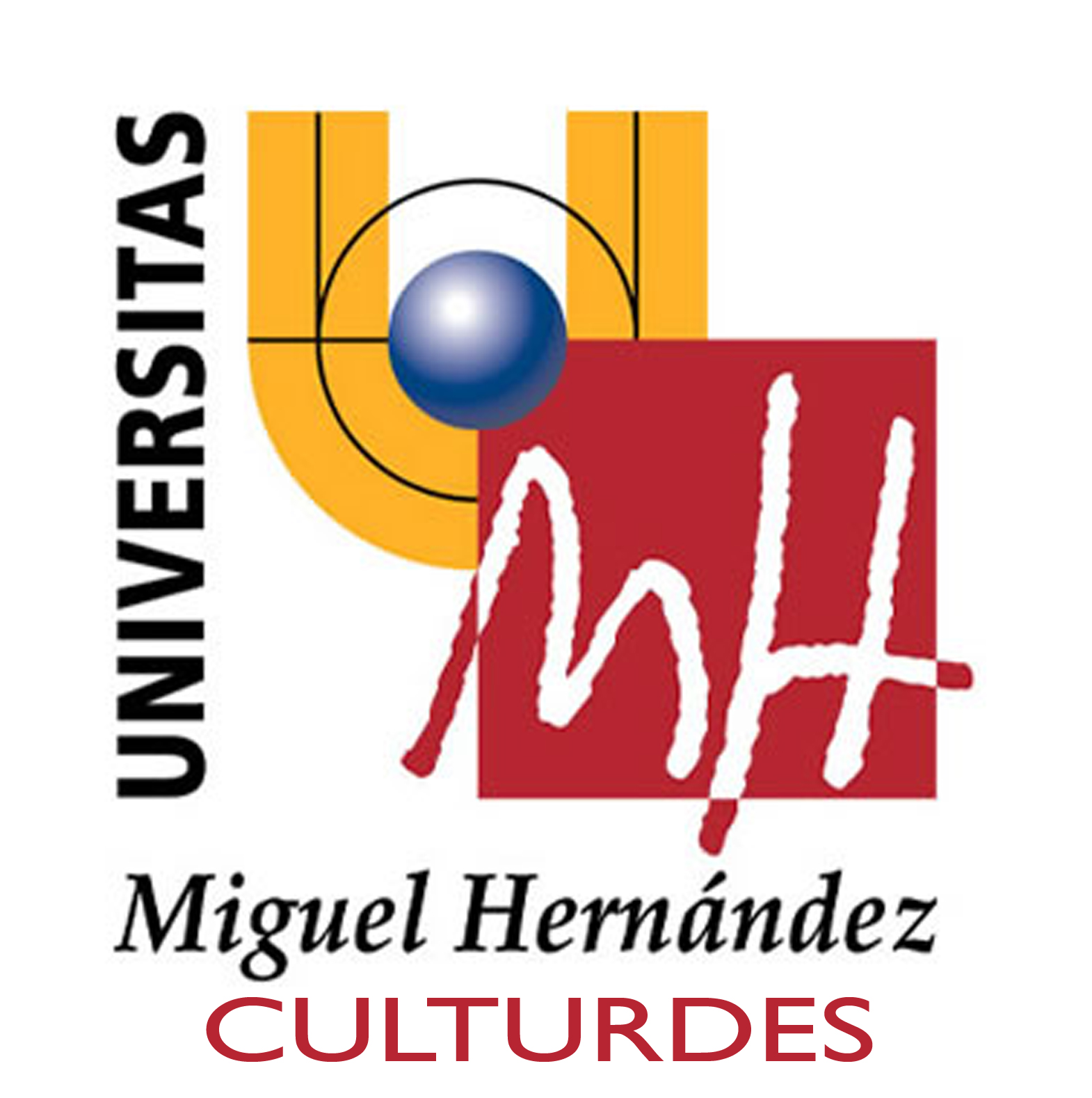Aims
General aims
(1) Theoretical reflection: It brings forth the need to actively promote the process of postmodern reconstruction, stricto sensu, that is: as a re-articulation of an anthropological discourse which struggles as a discipline to defend a multivariable reality. Also, we expect to outline tentative conceptual, analytical and interpretative tools which can begin to offer an answer to contemporary socio-political phenomena which demand an interpretation from the academic and research community. Also, this project wishes to avoid the progressive atomization which afflicts all fields of study, to bring together the different disciplines into a space of an epistemologically fertile encounter which allows an interdisciplinary dialogue, as well as a transversal focus on the object. The use of Anthropology as optimal asset for such reflection arises from its adaptation —because of its subaltern disciplinary experience in opposition to other disciplines such as History or Sociology, and as an overseer of non-hegemonic realities— for the study, tracking and production of knowledge outside the spheres of power or as a contestation to it.
(2) Format (Exploratory Workshop): Given the nature of the previous aim, the format of the proposed activity should be able to adapt to a working methodology of interactive vocation which would enable a forum of constructive reflection, debate and exchange (work-in-progress) between all the attendees. In this way, the “Exploratory Workshop” format introduces an initial-preliminary working platform which seeks to introduce a space of “real” epistemological interaction on an emerging subject in Humanities and Social Sciences. The structure of this Exploratory Workshop is composed of three working spheres:
• Reflection and debate section: following a specifically organized structure based on previously designed documents and guidelines shaped by the output of the expound section, we will proceed to form small groups in which speakers as well as other attendees can share reflections and debates in a dynamic working space, with the objective of reaching preliminary conclusions, constructions and inquiries that will enable the final stage of the Workshop.
• After-action review/Feedback session:if the previous space was characterized by a set of reflections, debates and tentative conclusions brought forth by a micro-groupal configuration, this space seeks to collect and combine the cited reports to create a collaborative feedback session which culminates in a real knowledge production process, of an interdisciplinary and transversal nature, on the subject of the Workshop.
Specific aims
(1) To create a platform of reflection, study and analysis (think-tank) which tackles the issues brought forth by non-statal social organizations, not merely conceived as a political articulation previous to the apparition of the State (as, in fact, was conceptualized by classical anthropological literature), but too, the versions these formations adopt, the ways in which these persist and (re)construct themselves in statalized societies. This aim is to map them out bearing in mind the nature of embeddedness —more or less invisibilized in a statal institutional network— of these kinds of formations. In this way, we will insist on the study and tracking of the elements of immanence, latency and potentiality. Obviously, this constitutes an effort of reflection in which, using Anthropology as a binder discipline, the different branches of Humanities and Social Sciences will have to necessarily acquire a joint commitment.
(2) To analyze and interpret Western contemporary social movements, tracking the growing dynamic of a particular associative form, whose most recent milestone would be the social phenomenon designated as 15-M in the course of spring 2011, and whose global sense and meaning have not yet been tackled in-depth by academics.
(3) To analyze and interpret non-Western social movements (Africa, Latin America, NGOs)
following the recent lines of action of the University of Alicante in the study and promotion of minorized cultural and political realities, as is the case of the recently created website “African Library” (Spanish Ministry of Science and Innovation) within the framework of the Virtual Library “Miguel de Cervantes” of the prestigious Instituto Cervantes.
(4) To visibilize minorized intellectual traditions and socio-political phenomena (“horizontalist”) opposite others of a traditionally privileged nature (“verticalist”). We have pointed out the way in which the anthropological approach becomes the more appropriate binding discipline to tackle the study of social institutions which articulate themselves apart from power, avoiding, in this way, not only the univocal discourse which Power entails but also its institutional mechanisms, to comprehend and present society in a holistic dimension. In this sense, scientific solidarity with intellectual and socio-political traditions which have unmarked themselves from the processes of State-power construction, constitutes more than a natural attitude, a necessary one.
(5) To execute a real knowledge transference starting from a premise of intellectual commitment in the construction of a participative society, in the production of knowledge as well as in its reception. The proposed Exploratory Workshop format is linked directly to this aim, where all participants will be able to assume an agent role in the work process and not be reduced or tied to a “passive-receptor/active communicator” binary dynamic.
(6) To create new questions and inquiries. This aim in the project turns out to be essential as from the moment we assume the knowledge construction process as one systematically open and always unfinished. In this manner, the (in)conclusions reached by the end of the Workshop do not become extinct, but rather outline future work agendas which will have to be tackled in subsequent meetings.




